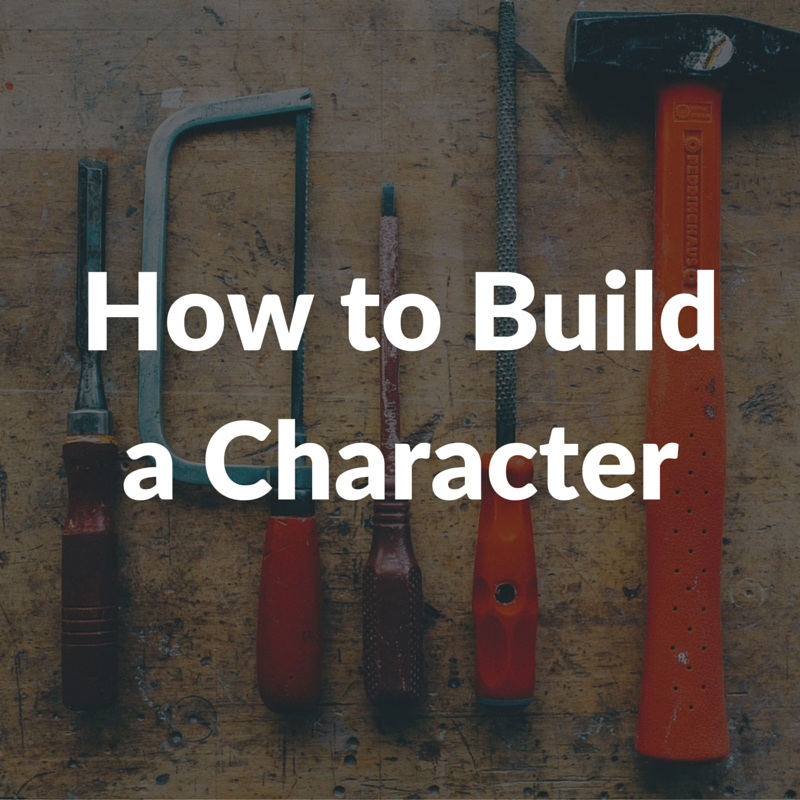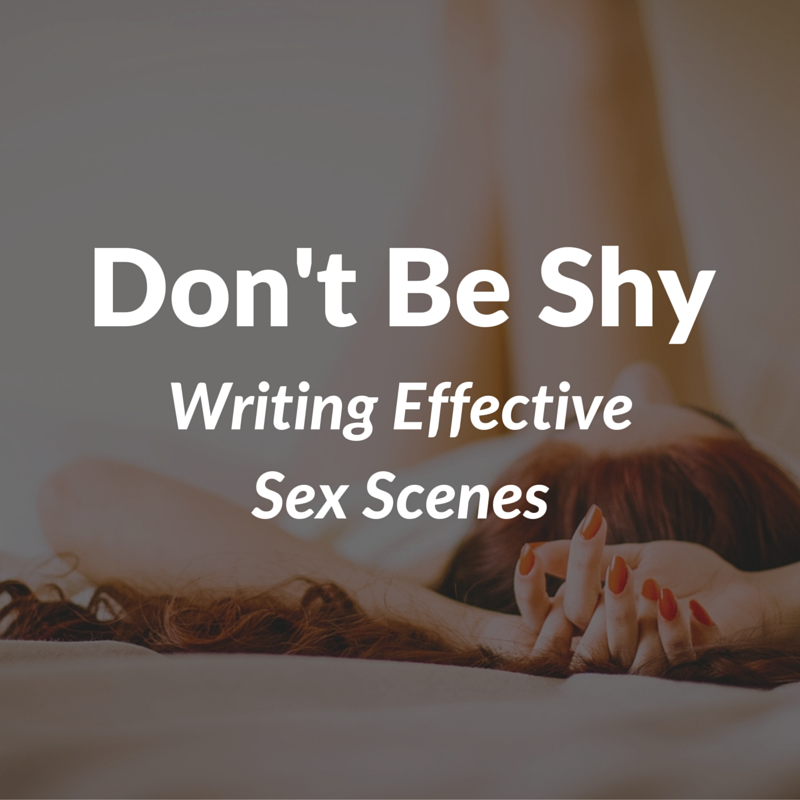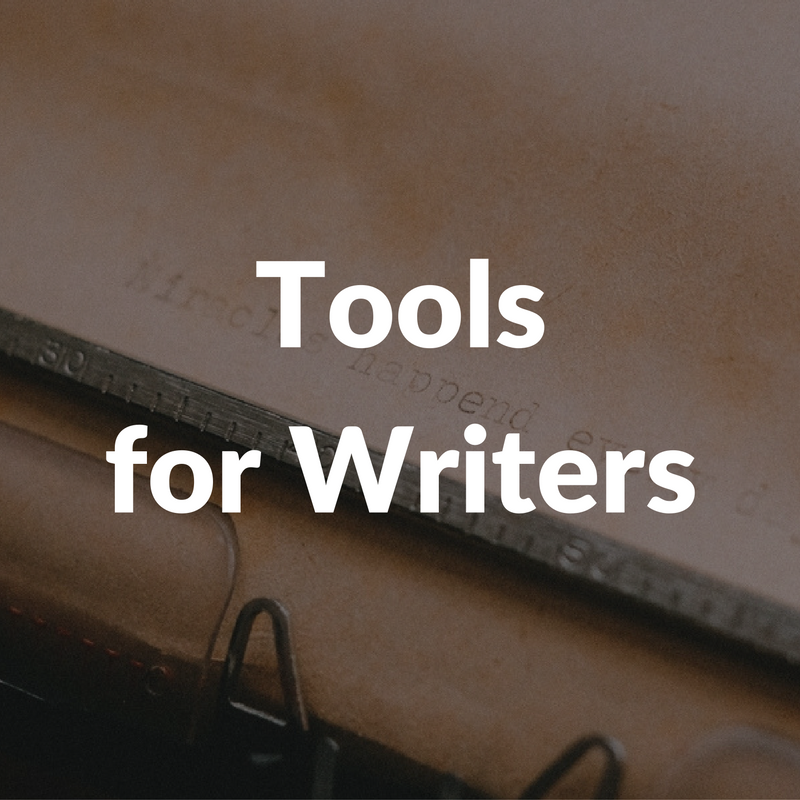I struggle mightily with this topic because it discusses behavior – and, as such, can be misinterpreted, or twisted, and I don't want either of those things to happen.
But this, I hope, is valuable information, and so I feel compelled to share.
I was put in an awkward situation the other day by a "pre-published" new author.
The author introduced him/herself, then announced that I would be receiving the manuscript for an endorsement, and wanted my agent's number (right then) so he could be called directly using my name as the in.
Umm... oookaaayyy.
When I expressed regret at not being able to do that, it didn't go over well. I walked away feeling bad for him/her, because he/she overstepped the bounds by assuming he/she "knew" me, and as thus thought that I would do them a favor. And by "knew" me, I mean met me for the first time three minutes earlier.
It is possible to be too forward, too enthusiastic, and too arrogant.
We all make mistakes. I hope that some clarification today can help you avoid the embarrassment I've faced.
I thought we could talk about what not to do when you're meeting an author, both online and in person. And don't get me wrong, I'm not preaching, I'm just going to share some of the mistakes I've made, and the ones I'm seeing on a much more regular basis lately.
It's the Do & Don't list that I wish I'd had when I first started out.
There is a lack of formality in our culture now. We immediately call strangers by their first names. We readily share our opinions about politics and religion – two of the topics most people avoid in an opening conversation. We talk about how much money we make, or don't make. We talk about our sex lives with perfect strangers. People gauge the respect of their peers by the gadgets accumulated, the cars driven, the shoes bought, the clothes worn, instead of actually seeing the real person.
Whatever happened to true beauty comes from within? Where has all of our integrity gone?
I see it all the time, these incredibly superficial assumptions that people make, and it drives me mad. We invite ourselves along to events, mooch off our pseudo-friends, cozy up to people uninvited, horn in on conversations and talk on our cellphones, well, all the time, whether we're with people or not. And of course this doesn't apply to EVERYONE – there are no absolutes in this world.
But there's a large segment of society who doesn't seem to pay any attention to the important things anymore.
The world is changing rapidly, and authors are in the cross-fire. I think it's in large part due to the Internet, our ability to connect and actually feel like we KNOW people we've never actually met. It seems like there's less of a deference out there, and more of a familiarity, and as such, a sense of entitlement. And this sense of "I deserve a shortcut to achieve the same things you've worked hard for" attitude is incredibly scary to me.
I understand that in our less formal world, it's easier to approach our heroes. Hell, I stalk my writing heroes on Facebook all the time. So I'm as guilty as the next person.
But there is a fine line between civility and friendship.
Just because we've met someone, we can't presume to think that we're actually friends. The term acquaintance seems to have gone the way of the unicorn. And you don't presume upon acquaintances to do favors for you.
It makes one think that perhaps, just perhaps, one might be being used.
So let's cover some of the ground rules when approaching your favorite author.
Try not to make the number one mistake, the one that I will probably go down in history for.
I'll set the scene: it's Thrillerfest, in Phoenix. I've just gotten my deal (and I mean just – three weeks or so prior). I see one of my favorite authors across the lobby, make a beeline for her, and introduce myself. But I'm so damn excited that I trip up.
And by the way, the author in question?
Tess Gerritsen.
Me: "Tess?" (Notice I've already broken cardinal rule number one, I'm using the first name of someone I've never spoken to or had any contact with... then I stick out my hand, which she has no choice but to grasp, because if she doesn't intercept it, I'll probably break one of her ribs.)
Me (again): "Tess, I'm J.T. Ellison!!!" (Cue unintelligible mumbling, as I try to figure out what the hell to say.)
Me (yet again) "Tess, I, uh... You're my biggest fan!" (I blurt this last part out with obscene enthusiasm – the kind reserved for the rabid fox, or werewolves nearing a full moon.)
Tess, her always gracious self, shook my hand and smiled. I then proceeded to rush away, ears burning with the embarrassment of my gaffe.
Apparently, Tess was my biggest fan, rather than I hers. I felt like a total dork.
But I took away a lesson. Temper yourself in your dealings, and you'll be better prepared.
Rewind even further, to the completion of my first manuscript – the one in the drawer.
This story is truly cringe worthy. I'm not proud of this, but here you go.
I got the name of an author here in Nashville. I had it in my mind that if I called and introduced myself, he'd introduce me to his agent. (Sound familiar at all???) I finagled his home number from a friend, called him up, introduced myself, pitched my situation, and waited, sure that he'd leap upon me like a crow on a junebug and offer to send me to his agent.
Ah, hubris.
The highly intelligent writer, recognizing me as an overenthusiastic newbie, murmured niceties at me, made suggestions, legitimate ones – get a copy of Writer's Market – I've already done that! – Get a good query letter together – I've already done that! – Make submissions to agents who match your kind of work – I've already done that!
After the 4th or 5th suggestion, he finally replied "Well, I don't think there's anything else I can do to help you."
Of course he couldn't, because I wanted the unattainable. I wanted a shortcut.
I didn't get a shortcut. I had to work my butt off to get my deal.
And to this day I blush when I see him, praying he hasn't connected me with the gibbering idiot who was so rude to call him – at home, no less – and not listen.
So with that in mind, let's talk a bit about what is okay and what isn't when you're talking to an author.
- Don't say: "Hi, it's great to meet you. I was hoping you'd blurb my book/introduce me to your agent/get my manuscript in front of your editor/endorse my book so I can get an agent."
- Do say: "It's nice to meet you. May I email you after the conference with a question?"
FYI: Here's how blurbing works.
Traditional publishing world: You get an agent. Your agent sells your book. Your editor tells you who they'd like you to approach. They usually do so by contacting that person's agent or editor and asking if they'd be willing to read your book for a POSSIBLE endorsement.
It's a difficult and dicey proposition to approach an author directly, especially in person. It puts us in an untenable position. Most of us are already laden-down with requests from our editors and agents to look at material they've suggested. And no one ever wants to disappoint – especially new writers who are trying to break in. You see, we've all been there, and we know how hard it is. It's a terrible let-down to ask for a blurb in person and get a no.
Self-publishing world: It's the same, minus the agent and editor. It's even harder, because there are no buffers so you have to go to your author directly.
I was absolutely and utterly blessed to be able to get so many wonderful blurbs for my first book. And a few of them I got because I asked directly. I read panic in eyes a few times, and now I understand why. (And may I publicly apologize to Allison Brennan for doing this to her a couple of years ago??? I am proud as hell to have her blurb on the front of several of my books, but I should never have asked the way I did.)
I'll repeat it: None of us want to disappoint you. Ever.
It's heartbreaking to have to say no sometimes. But there are so many factors that go into the decision to blurb a book – at least, for me there are.
A - I am busier than a one-armed paper hanger, with books due every six months for the next eighteen months.
Seriously, those are my real-life deadlines.
B - I am ultra picky. I don't have any hard-and-fast rules like some other folks I know, just a commitment to myself that unless I really love something I won't blurb it. If my agent or my editors want me to look at a book, obviously I'm going to say sure. I've turned books down from them, but I'm always willing to take a look.
If you're going to seek a blurb, do it in a kind and considerate manner, ie: please, please, please don't corner me and put me on the spot. If we're at a conference together, don't come to my post-panel signing and announce you want me to blurb you. Have the courtesy to send me an email after the conference.
A simple Hi, remember me? I'm so and so, and I've written XYZ's Guide to the Galaxy. You're one of my favorite authors, you are the most amazing writer to ever grace the planet (ha) ... and I see that you like this kind of book (BECAUSE YOU'VE DONE YOUR RESEARCH ABOUT ME, RIGHT???) and I'd like to ask you to give it a look. I understand how busy you are, and so appreciate you taking the time to give me a shot. I'll be happy to send you a copy of the manuscript.
And that's it.
Don't grovel, don't beg. Be confident but not cocky, show respect for my time and yours, and never, ever ask for my home address. Strangers wanting to know where I live freaks me out. And understand that if I say no, 99% of the time it's simply because I'm out of time.
Here's another tip: DO NOT, under any circumstances, ask for a shortcut.
Asking how we got our agent, how our first sale was made, absolutely. But you can't expect to be formally educated about how the publishing industry works, how to get an agent, how to get a deal, how to write a query letter, how to write a synopsis... few of us had that. We went out and looked for it. The vast majority of published authors did their homework, learned through trial and error, and most importantly, did it themselves.
AND... everyone's path is different. There isn't a silver bullet, one right way up this mountain. There are many, many, many ways into the industry. Ask forty different authors and you'll get forty different stories. You need to find what's right for YOU and YOUR book.
So, on with the Dos and Don'ts
- Don't seek out blurbs for books that aren't agented or, if you're going it solo, about to be published. If your work isn't under contract or in the pipeline, I'm not going to read it. And if your book has already released, you don't need a blurb; you need reviews.
- Do treat yourself with respect, and expect others to treat you with respect as well. Pre-published and newly published does not equal laden with thermonuclear cooties.
- Don't put yourself or your work down. Especially if you're pitching. Self-deprecation is fine, but your work is your art. If it seems like you don't take it seriously, how can anyone else?
- Don't assume that now that you've shaken hands with an author, you've been given the secret handshake and are on the in. I've got a secret for you: there IS no secret handshake in the publishing world.
- Do be kind and generous in your compliments to authors.
- Don't be user. And you know what I mean. Sycophants get places, but they don't get far.
- Don't ask me to promote your work to my followers without actually sending me a book to read first. I won't endorse books without knowing they're great.
- Do join every network you can find in your genre. You will meet tons of other authors, new and established, who can steer you in the right direction. But even there, show temperance. Don't launch in on the first day looking for handouts. Give it at least two weeks. Then introduce yourself. Then go away and watch some more. Then join the fray, constructively. Give before youask to receive.
- DON'T GET WASTED AT CONFERENCES. This should go for everyone, new, pre- and established authors. It's just so not cool to be a self-indulgent idiot when you're trying to work. And conferences, despite all the opinions to the contrary, are a work event. You don't want to be the one everyone goes home and talks about to their other friends. Mystery conferences are not Vegas. What happens at a conference gets broadcast to the rest of the community so quickly it sometimes makes me think there are hidden cameras.
- Don't butt into private conversations. It's not mannerly, or cool, or going to win you any friends. There's nothing more awkward than an author having a chat with a reader, or another author, and having someone break in and hand out postcards for their new book.
- Last but not least, the most important DON'T of all: Don't forget to say thank you.
This has already gone on way too long. Suffice it to say that it's always better to remember your manners when dealing with established authors. And it wouldn't hurt to use them in all your dealings, personal and professional.






